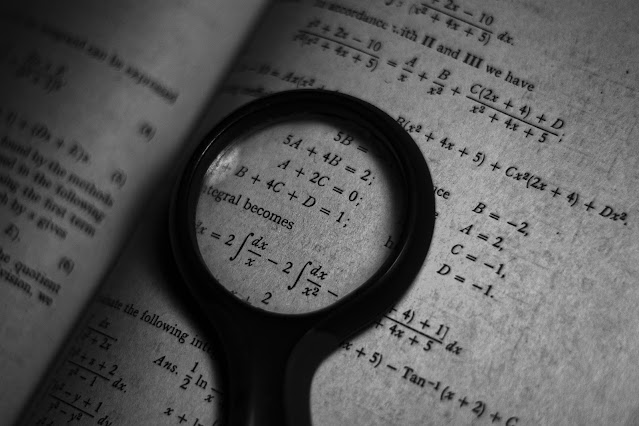Millions of American parents have learned an unexpected truth as a result of the disruptions
to their children's education during the past two years. They are not as proficient at
arithmetic as they had imagined. Trying to educate your own child about fractions is the best
way to prove your lack of mathematical skill. The bright side is that we have gained insight
that can be used to boost math education across the country.
Are we wired to be good at Math?
No matter how smart you are, math is not simple. Mathematics captivated the mind of
Leonardo da Vinci. In one of his notes, he wrote, "learn multiplication from the root from
Maestro Luca." His friend Luca Pacioli was a famous mathematician and educator. The
journals also reveal that Da Vinci struggled with math and had trouble with fractions. He
never understood, for example, that dividing by a quarter is equal to multiplying by four. As a
result, it produces a greater number than the original.
It might be comforting to know that even the brains of geniuses occasionally struggle with
number ideas. No animal, including humans, is born gifted in mathematics. Human cultures
taught next generations to work with numbers simply because of the importance of
arithmetic.
Learning to count requires co-opting the neural networks that keep track of our fingers. This
is evidence that our minds are not hard-wired for mathematics. According to MRI research,
performing calculations causes blood to flow through specific parts of the brain. Interestingly,
after we become proficient in math, it requires less blood to complete the task. This is
probably the reason why every human civilization that uses numbers counts on fingers.
But after we master the fundamentals, we frequently become lost. Because we must learn a
completely new set of rules in order to add, double, and divide fractions, our hard-earned
grasp of how numbers function is destroyed. This makes fractions and other high school math problems incredibly difficult to solve. But it's common practice to present mathematical
ideas as though they were self-evident or supplied by God. Yet, they were challenging to
understand first and may be challenging to explain, even to the most intelligent people. It
makes sense that many individuals still find them difficult to grasp. However, we only expect
12-year-olds to understand them and then go on.
Math anxiety can be passed down
Making math appear simple is tricky. It may cause "math anxiety", which can spread down
the generations. If you ask someone to deal with mathematical issues, almost 93% of U.S.
people will report some level of unpleasant emotions. What’s more, they will occasionally
have physical signs like sweaty palms or higher heart rates.
Given that math fear is contagious, this is an issue for everyone. According to research,
parents who struggle with arithmetic anxiety tend to transfer that worry to their kids when
they attempt to help them with their schoolwork. In the end, those kids learn less math than
they would have if their parents hadn't made an effort to teach. The same is true for
instructors who struggle with arithmetic; a 2020 study found that primary school teachers
who struggle with math have a negative impact on their pupils' accomplishments.
Are math abilities inherited?
According to German researchers, the grey matter volume in the brain, which is influenced
by the ROBO1 gene, accounts for around one-fifth of mathematical talent.
This gene is associated with the growth of grey matter volume in the right parietal cortex, a
part of the brain that is involved in numerical processing. When research participants, whose
ages varied from 7 to 9, entered the second grade, variations in grey matter volume were, in
turn, positively correlated with arithmetic test results.
The kids weren't officially schooled in math when the scientists first assessed the grey
matter in their brains when they aged between 3 and 6 years old. According to the scientists,
their math abilities may have been influenced by the unique ROBO1 gene variations since
they have an impact on grey matter volume. They came to the conclusion that a kid's skill
level was determined by genetic variability's impact on grey matter.
According to Melissa Libertus, the data is "compelling" and demonstrates a causative link
between ROBO1 and math aptitude. But research does not provide evidence that a genetic
component accounts for 20% of the variation in mathematical aptitude. According to the
researcher, "they detected the relationships between genes, gray matter, and arithmetic
aptitude because the children examined were raised in an environment that taught them
mathematical ideas from a very young age."
Author’s BIO
Karl Bowman is a researcher and professor of Mathematics. Karl believes that Math is one
of the core sciences and everybody should have at least basic knowledge of it. That’s why
he helps students gain a better understanding of this discipline in his classes.








No comments
Thank you for dropping by! I would love to hear what you thought. :)
Thanks!
♥,
Diana